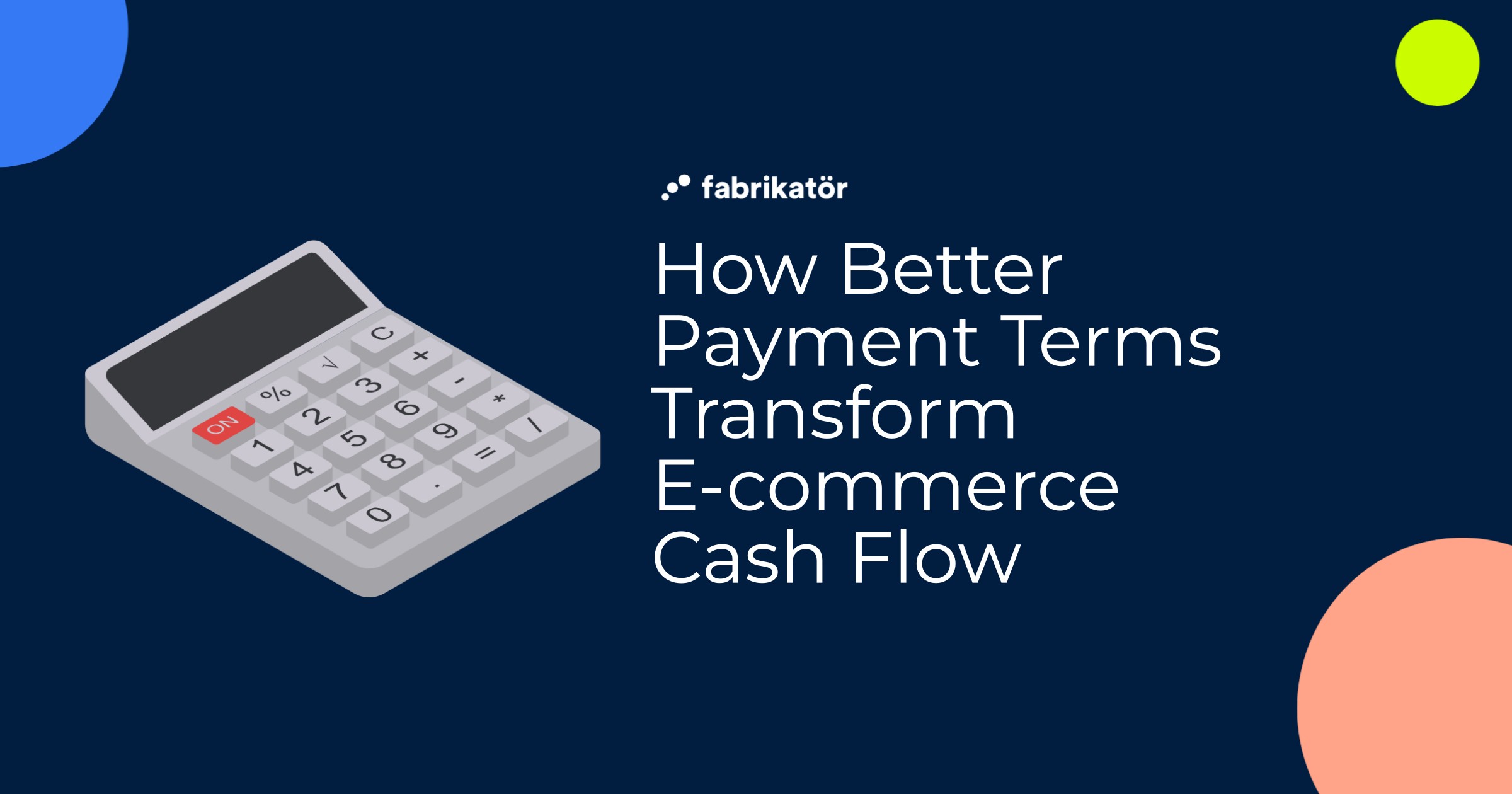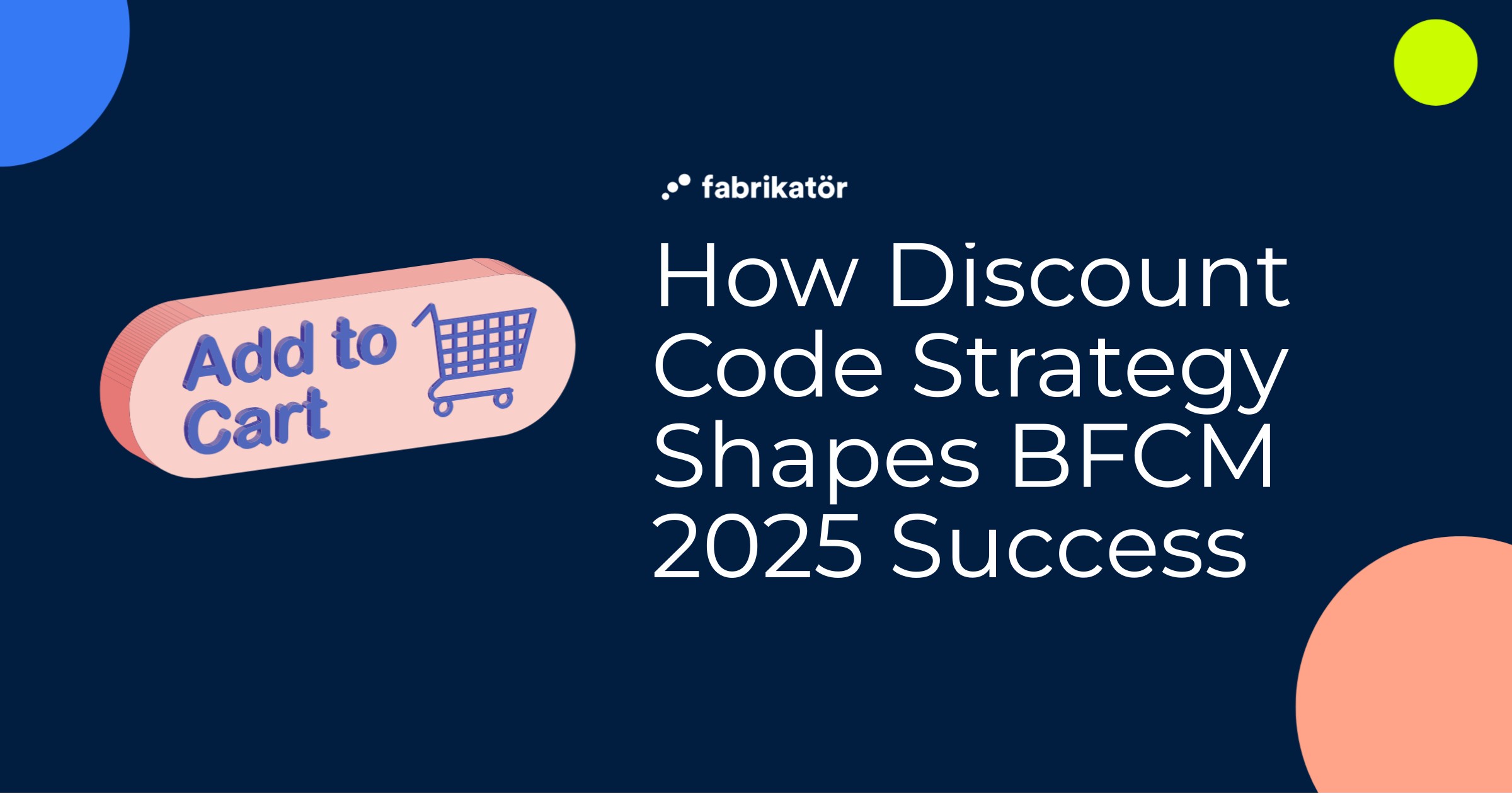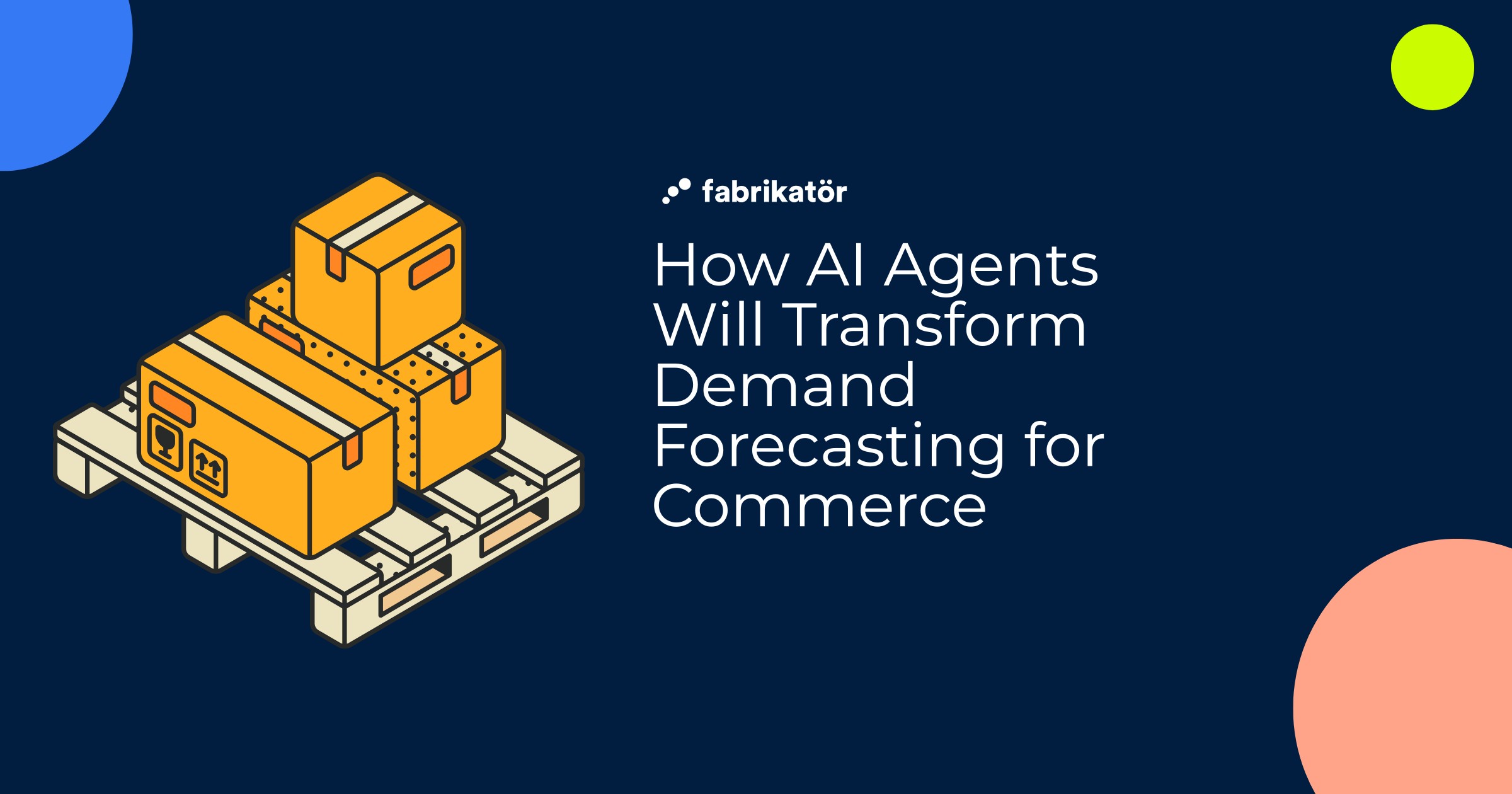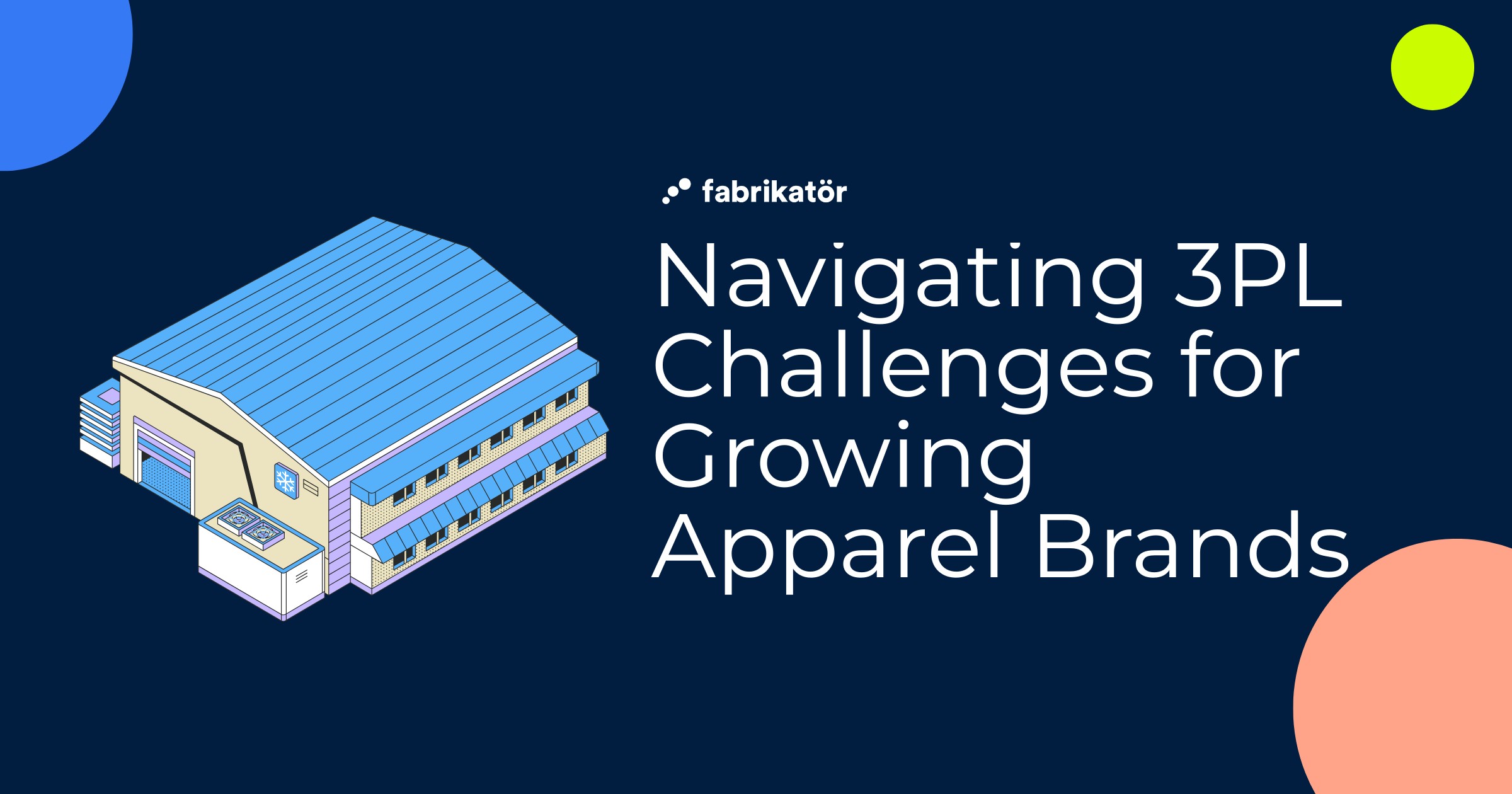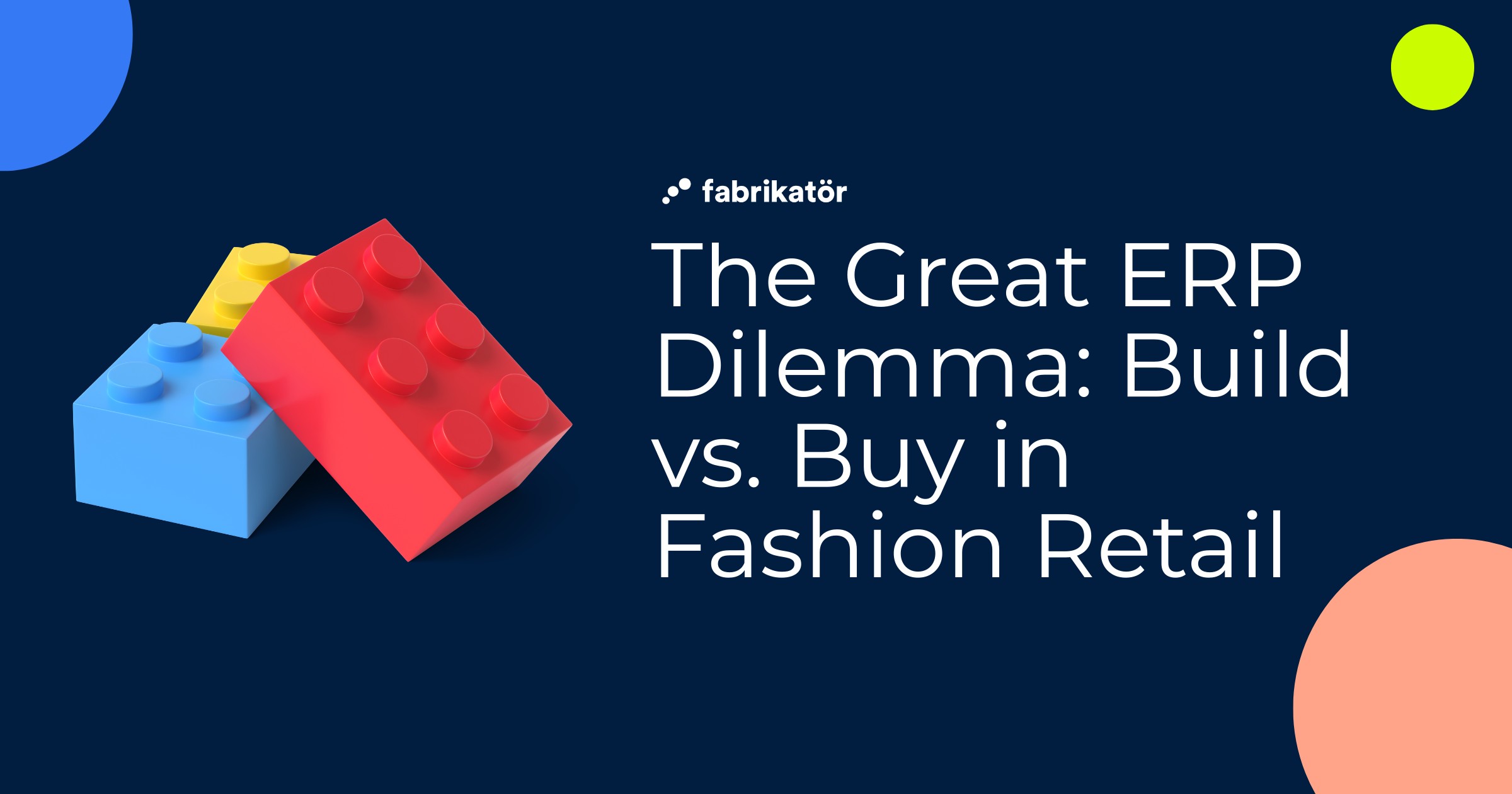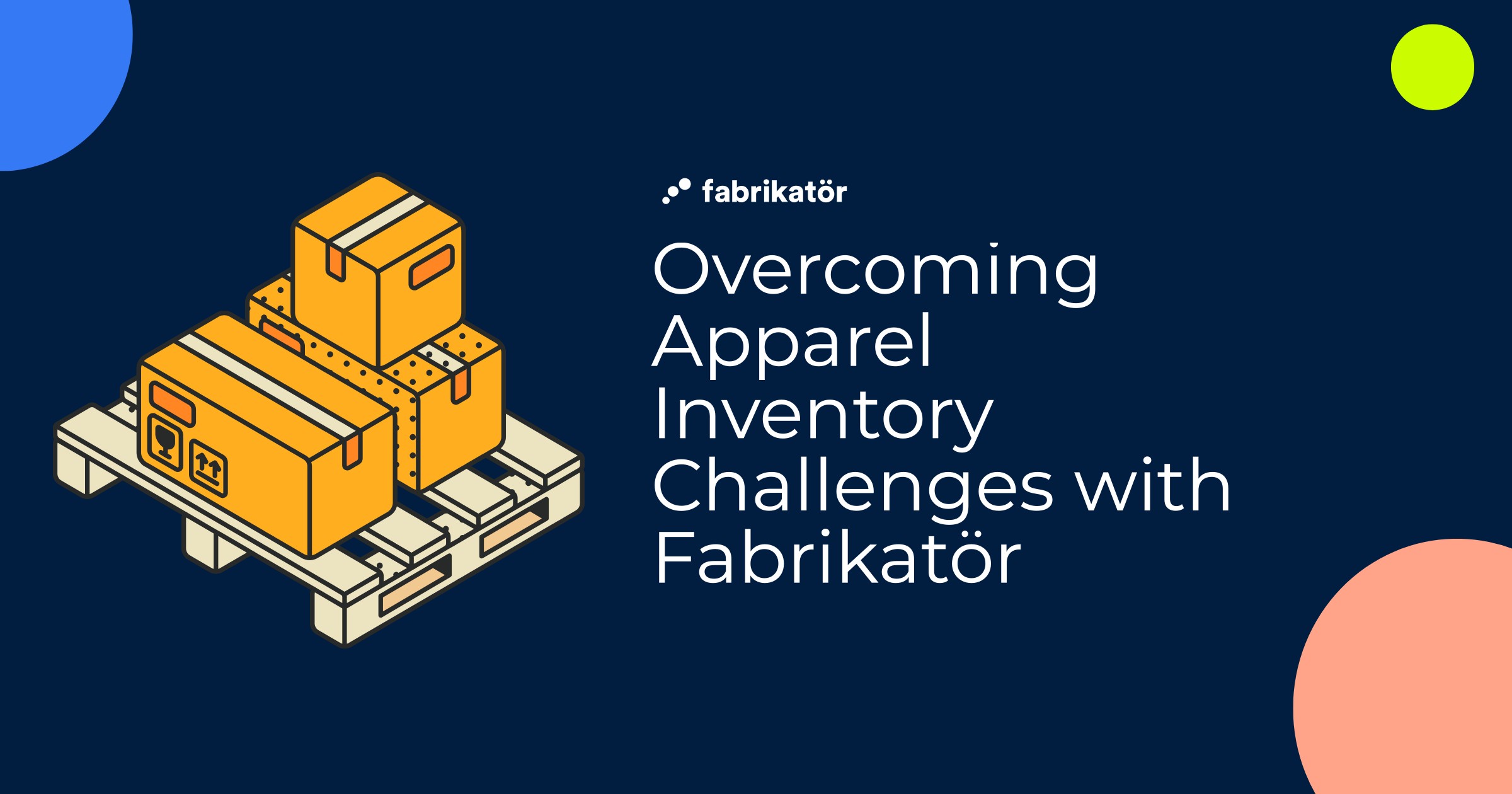The Great ERP Dilemma: Build vs. Buy in Fashion Retail
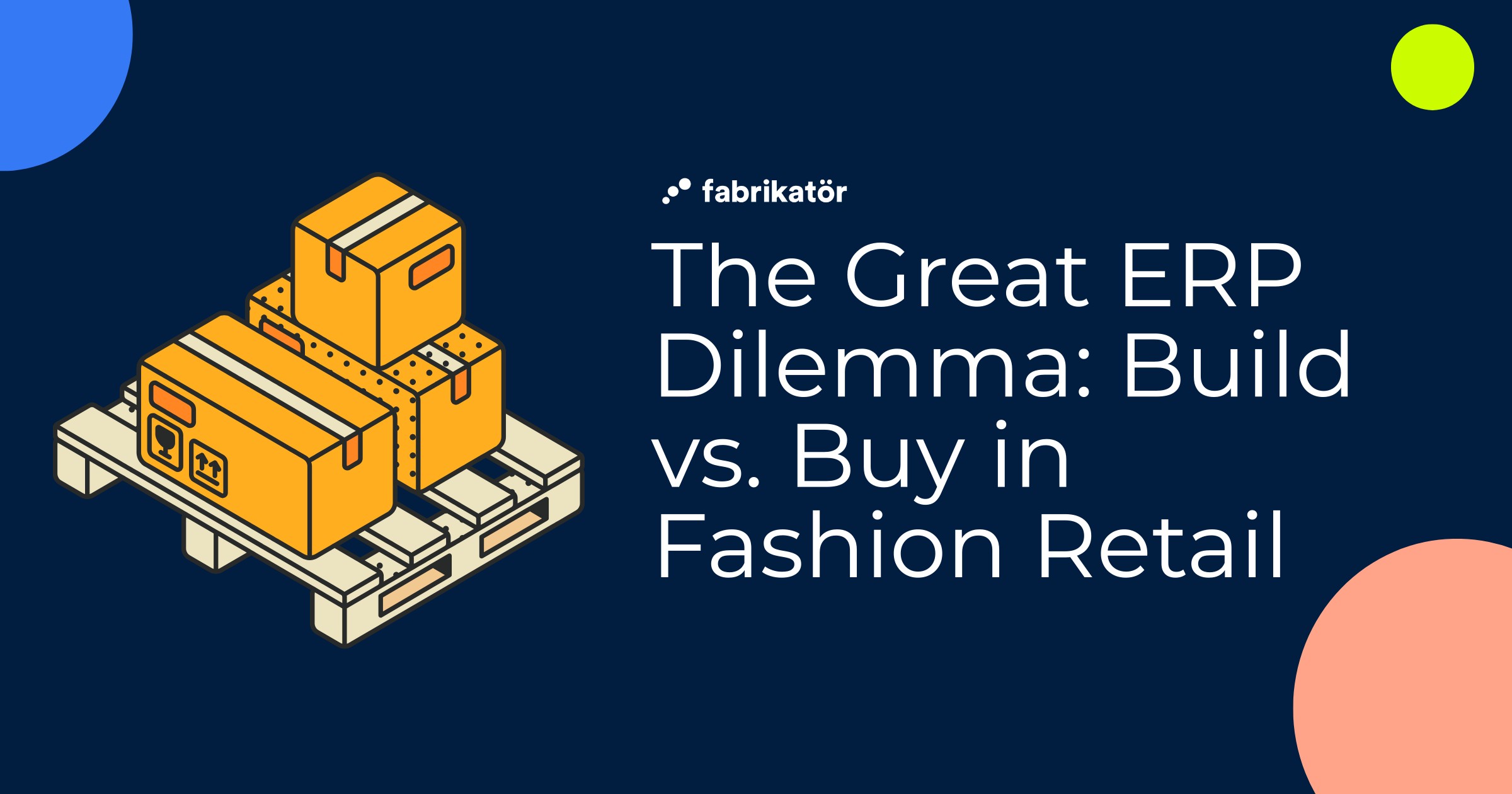
Choosing an ERP solution is a pivotal decision with profound implications for a brand's growth and operations.
In the landscape of fashion retail, where swift decisions and agile operations define success, brands inevitably reach a crossroad involving enterprise resource planning (ERP) systems. As these brands scale and revenue reaches significant levels, an enhanced back office becomes a critical consideration. Yet, this juncture brings forth the classic dilemma: should they build a custom ERP solution suited to their specific needs, or buy a ready-made one?
The Realities of ERP Costs
Commercially available ERPs like Netsuite come with a hefty price tag — around $100,000 per year, not including the substantial implementation fees. The investment is steep, and while these solutions promise comprehensive management across various business functions, they often fall short when addressing the nuances unique to modern online brands.
On the opposite end, opting for standalone applications aimed at solving isolated operational needs — be it for returns management or financial reporting — can lead down a fragmented path. The struggle to make these disparate systems communicate effectively can result in operational inefficiencies that negate any perceived savings.
The Limitations of Off-the-Shelf Solutions
What these solutions lack is a nuanced understanding of the contemporary online brand's dynamic needs. Traditional ERPs aren't inherently designed to cater to the rapid-evolving nature of e-commerce, where inventory levels, marketing campaigns, and consumer trends shift at a staggering pace. As such, many fashion brands find these systems rigid when flexibility is a non-negotiable necessity.
A fashion retailer I interacted with recently epitomized this struggle. They articulated the challenge succinctly: "Our operations are like a puzzle where every piece must fit seamlessly. The traditional ERP systems aren't built for the intricacies of online branding."
Customization vs. Complexity
Building a custom ERP solution allows brands to tailor functionalities to unique specifications. However, customization comes with its own risks and complexities: extended timelines, unforeseen technical challenges, and potential future maintenance burdens. The expertise and resources required can be daunting, diverting focus from core business objectives.
Still, the need for customization stems from a genuine place of need. Brands desire systems that integrate fluidly with their operational frameworks, particularly in inventory planning and decision-making — areas where real-time data is indispensable.
The Role of Fabrikatör
In this landscape, platforms like Fabrikatör offer an intriguing proposition. Our recent conversation highlighted how Fabrikatör has been instrumental for this fashion brand over the past year, forming the crux of their planning and forecasting engines. As the representative stated: "Even if we transition to an ERP, Fabrikatör remains integral to our planning. No ERP can match its precise insights."
At Fabrikatör, we help commerce brands bring structure and clarity to their inventory planning process. By connecting sales data, marketing insights, and purchasing workflows, our platform enables operators to forecast demand, plan purchases, and stay in control of their stock balance. Book a demo with Fabrikatör to see how your team can make smarter, calmer decisions.
Conclusion: Navigating the ERP Dilemma
Ultimately, the decision to build or buy an ERP system hinges upon a brand's unique circumstances and strategic goals. Understanding the limitations and advantages of each path is key to making an informed choice that aligns with long-term vision.
Reflecting on the insights gathered, it's clear that while ERPs provide a broad umbrella, niche solutions like Fabrikatör continue to offer irreplaceable value for specific facets of operations. In the balance of agility, innovation, and cost, finding the right tools — and partners — becomes not just advantageous, but essential.

